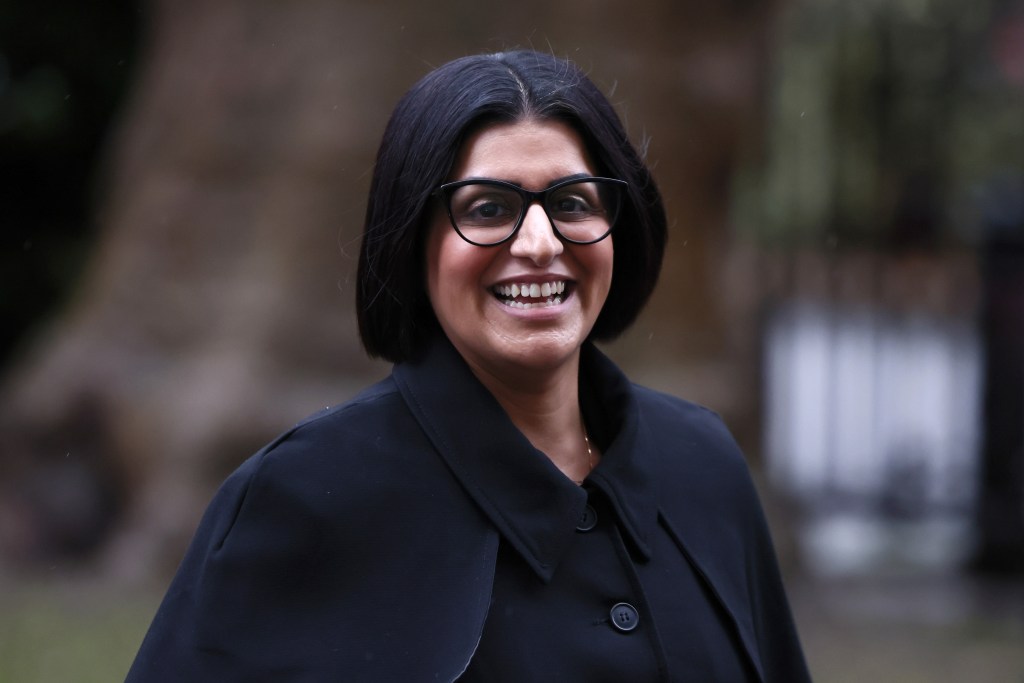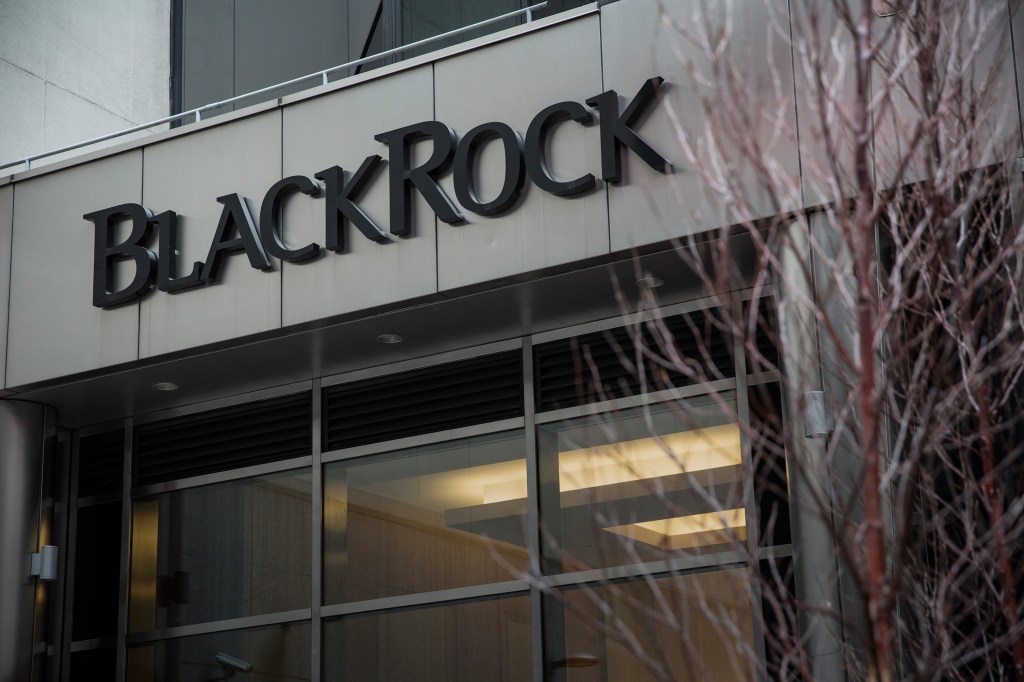The Federal Deposit Insurance Corp (FDIC) is considering a plan to ensure asset management giants BlackRock, Vanguard and State Street stick to their passive roles when it comes to investments in US banks, a senior regulatory official told the WSJ on Tuesday.
Jonathan McKernan, a board member of the
Register for free to keep reading
To continue reading this article and unlock full access to GRIP, register now. You’ll enjoy free access to all content until our subscription service launches in early 2026.
- Unlimited access to industry insights
- Stay on top of key rules and regulatory changes with our Rules Navigator
- Ad-free experience with no distractions
- Regular podcasts from trusted external experts
- Fresh compliance and regulatory content every day













